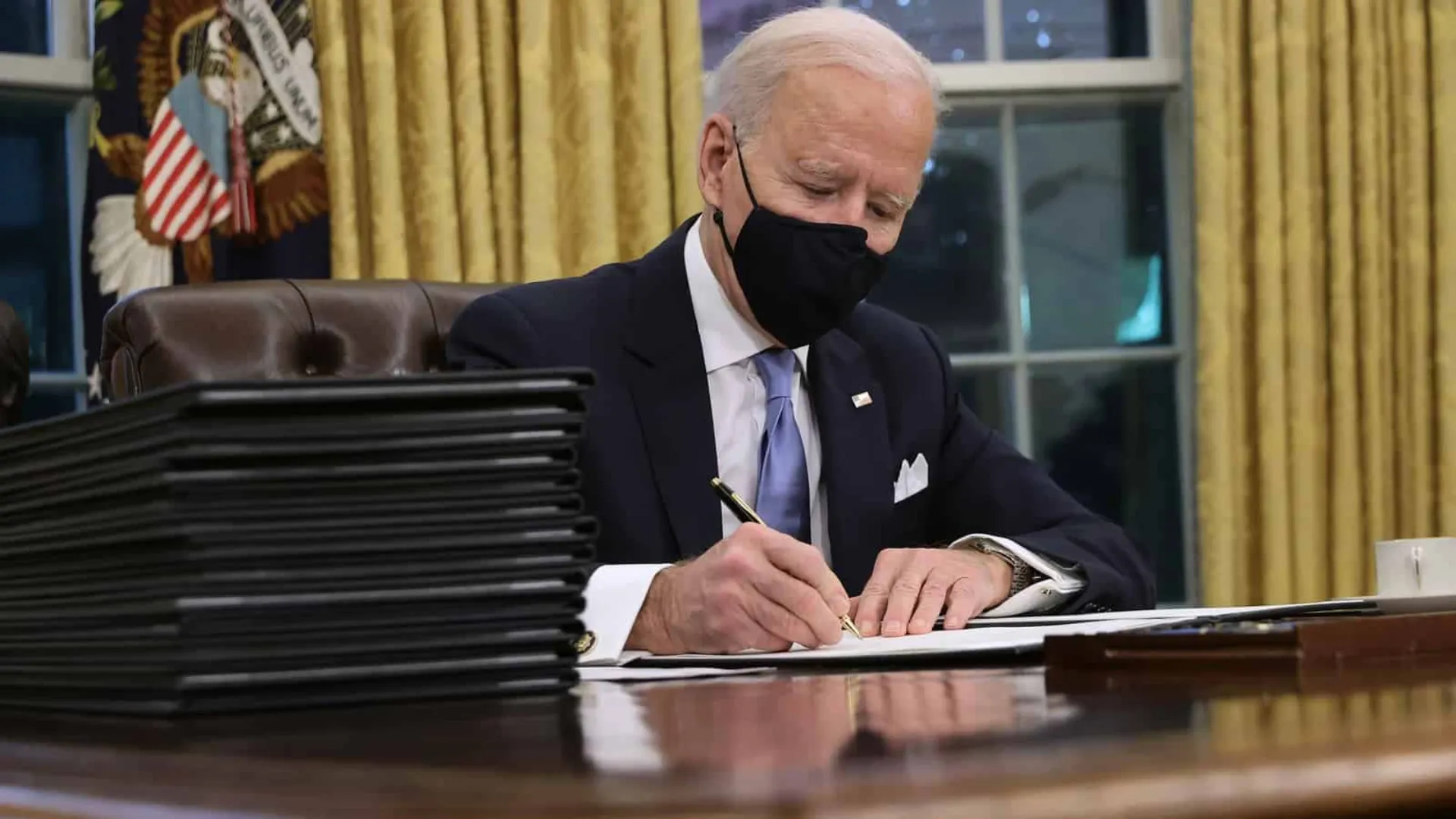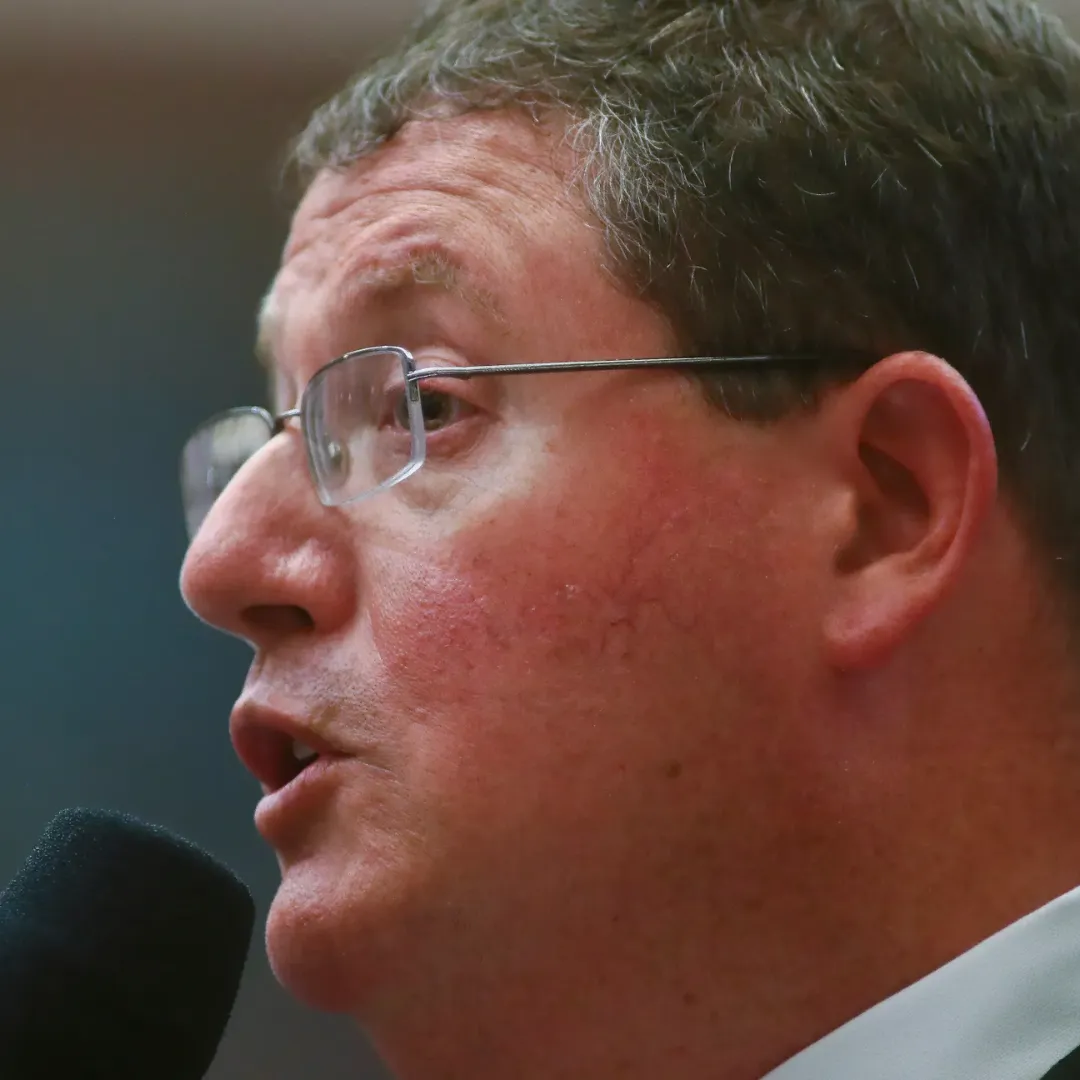
Elon Musk, the billionaire CEO of Tesla and SpaceX, has once again found himself in the headlines for his comments about the significant personal toll of being at the center of a politically charged storm.
While his involvement in influencing the Wisconsin Supreme Court election has sparked criticism, Musk appears more focused on defending himself against what he perceives as attacks from his political adversaries.
Musk’s latest complaints, made during a rally ahead of the election, centered on the intense personal cost he claims he is paying for being involved in political and business initiatives.
Yet, as he grumbles about his own difficulties, Musk seems to ignore the broader impact of his actions and the controversies surrounding them.
During a rally held ahead of the Wisconsin Supreme Court election, Musk expressed frustration over the public's negative perception of him. In a moment of vulnerability, he bemoaned the personal cost of being involved in political matters, particularly with regard to his business ventures and his role in government efficiency reform through his Department of Government Efficiency (DOGE).
“The radical left are saying somehow we’re stealing Social Security—like, first of all, like [stammers] I don’t need the money, OK?” Musk said, seemingly attempting to defend his actions regarding Social Security reforms that have drawn ire from critics.
Musk’s Department of Government Efficiency has recently set its sights on the Social Security Administration, aiming to root out alleged fraud. However, critics have pointed out that what Musk sees as waste may not be waste at all, and his plans to rewrite the agency’s code could risk destabilizing a system relied on by millions of Americans.
Despite these concerns, Musk continued his complaints, emphasizing the personal cost of his involvement in these efforts. “In fact, it’s costing me a lot to be in this job,” Musk added. "You had Tim Walz dancing onstage showing a chart on Tesla stock, which is a really awful thing for him to do."
Tim Walz, the Governor of Minnesota, had used the tanking value of Tesla stock as a political jab during his campaign tour. Walz, who has been critical of Musk's influence and his economic practices, took pleasure in noting how the billionaire’s stock had taken a significant hit, suggesting that Musk’s fortunes had become a punchline in political circles.
Musk seemed to take Walz’s remarks personally, claiming that Walz and others were trying to apply “massive pressure” on him and Tesla in a bid to stop DOGE’s initiatives. Musk's emotional response to Walz’s comments reveals how sensitive the tech mogul is to public criticism, especially when it involves his business empire.
He called it “a big deal” that his Tesla stock had lost half its value, adding, “Not only is it—I’m not getting paid, I’m definitely not stealing money and would never get away with it, but the value of my Tesla stock is in half! So this is a very expensive job, is what I’m saying.”
Musk’s remarks about the personal cost of his involvement in public matters were not limited to his rally comments. He previously aired similar grievances in an exclusive Fox News interview, where he had called Tim Walz “a big jerk” for his teasing about Tesla’s falling stock value.
Musk’s complaints about Walz seemed to be more about personal vendettas than about serious policy discussions, as he expressed anger over the mockery made at his expense. “He was overjoyed,” Musk lamented. “What an evil thing to do. What a creep, what a jerk. Who derives joy from that?”
Musk’s characterizations of his critics as “evil” and “jerks” reflect a broader narrative that Musk is attempting to craft in response to his critics. Instead of addressing the substantive issues surrounding his role in government efficiency and his influence on American politics, Musk seems preoccupied with painting himself as a victim of unfair criticism.
His framing of Walz’s remarks as a personal attack points to the larger theme of how Musk responds to opposition—by deflecting attention from the criticism at hand and turning it into a battle over his own reputation.
It is noteworthy that Musk’s reaction to Walz’s comments, and his broader complaints about the personal toll of his involvement in political matters, come across as tone-deaf.
Musk’s history of using his wealth and influence to shape public policy is well-documented, and his decision to focus on the personal costs of his involvement in the political arena rather than the broader ramifications of his actions reflects a deep disconnect from the issues at hand.
In typical fashion, Governor Tim Walz did not shy away from responding to Musk’s complaints. On Sunday, Walz took to social media to issue a direct challenge to Musk’s grip on Social Security, suggesting that the billionaire should focus on the issues at hand rather than whining about the personal costs of his involvement in politics.
“Elon, I’ll make you a deal. I’ll stop making fun of your stock when you take your hands off social security,” Walz tweeted.
Walz’s response cuts through the drama surrounding Musk’s complaints, placing the focus back on the larger issues at stake—namely, Musk’s influence on public services and his efforts to meddle with Social Security.
Walz’s challenge serves as a reminder that Musk’s personal grievances, while entertaining, are ultimately a distraction from the real consequences of his political and business endeavors.
In the midst of these personal complaints, Musk’s political influence remains a critical aspect of his involvement in the Wisconsin Supreme Court election. Musk has poured millions of dollars into supporting conservative candidates in a bid to sway the outcome of the election, which will determine the balance of power on the state’s highest court.
This election has far-reaching implications, as the court will decide issues like abortion rights, voting laws, and the fate of Musk’s legal challenges involving Tesla dealerships in Wisconsin.
Despite Musk’s financial efforts, the election remains an important reflection of the growing influence of billionaires in American politics. While Musk has claimed that his role is merely to “root out fraud” and “improve efficiency,” his actions suggest that he is seeking to use his considerable resources to shape the future of the judiciary in Wisconsin—and, by extension, the national political landscape.
Musk’s role in this election speaks to the increasingly blurred lines between business and politics, with powerful individuals using their financial clout to influence elections and legal outcomes.
Elon Musk’s complaints about the personal toll of his involvement in politics underscore the dual role he has come to play in American society—both as a billionaire businessman and as a political player who wields significant influence.
Whether he is attempting to influence the Wisconsin Supreme Court race or complaining about his stock price, Musk’s actions continue to highlight the growing concentration of wealth and power in the hands of a few individuals.
Musk’s focus on his own personal struggles in the face of public criticism distracts from the larger issues surrounding his influence on American politics, and the broader consequences of his attempts to reshape the political landscape.
While Musk’s critics continue to question his motives and his methods, the reality remains that his wealth and influence are formidable forces in American politics. As Musk continues to shape public policy and influence elections, the question remains: will his personal complaints overshadow the larger issues at stake in the political battles he is involved in?





